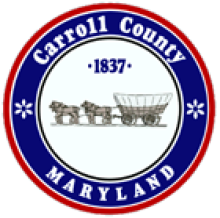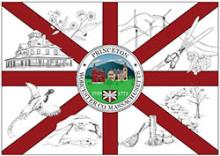Carroll County Public Network Changes Education, Saves School Funds
Carroll County is a bedroom community, with a variety of economies all around it. Washington, D.C., Camp David, Baltimore, Harrisburg, Fort Detrick, and the Aberdeen Proving Ground are a few of the places surrounding Carroll County. There is very little major transportation infrastructure and no major waterways. Many of the county's 167,000 people commute daily to jobs outside of the bullseye.
Gary Davis, Chief Information Officer at the Carroll County Public Schools (CCPS) and Chairman of the Carroll County Public Network (CCPN) started at the school district in 2002 and immediately recognized that the telecommunications arrangement was insufficient.
Schools and other facilities were connected to the hub via 1.5 Mbps T1 connections and the whole wide-area-network was connected to the Internet via an expensive Frame Relay DS3 connection. The total cost ran as high as $600,000 per year.
When CCPS approached Verizon about increasing bandwidth, Verizon’s proposal was extremely cost-prohibitive. Verizon wanted a long-term commitment that resulted in more than 10 times their current costs. Basically, Verizon would own the network but capital costs would be funded by CCPS and maintained with ridiculously high recurring fees. The return on investment for Verizon was just too low owing the community demographics.
At that time, Davis met Robert Wack of the Westminster City Council and the two compared notes. Davis' vision for Carroll County Public Schools and Wack's ideas for Westminster and Carroll County were very similar. Both involved a high-speed network and Westminster is currently involved in its own municipal network project (to be covered in an upcoming post).



